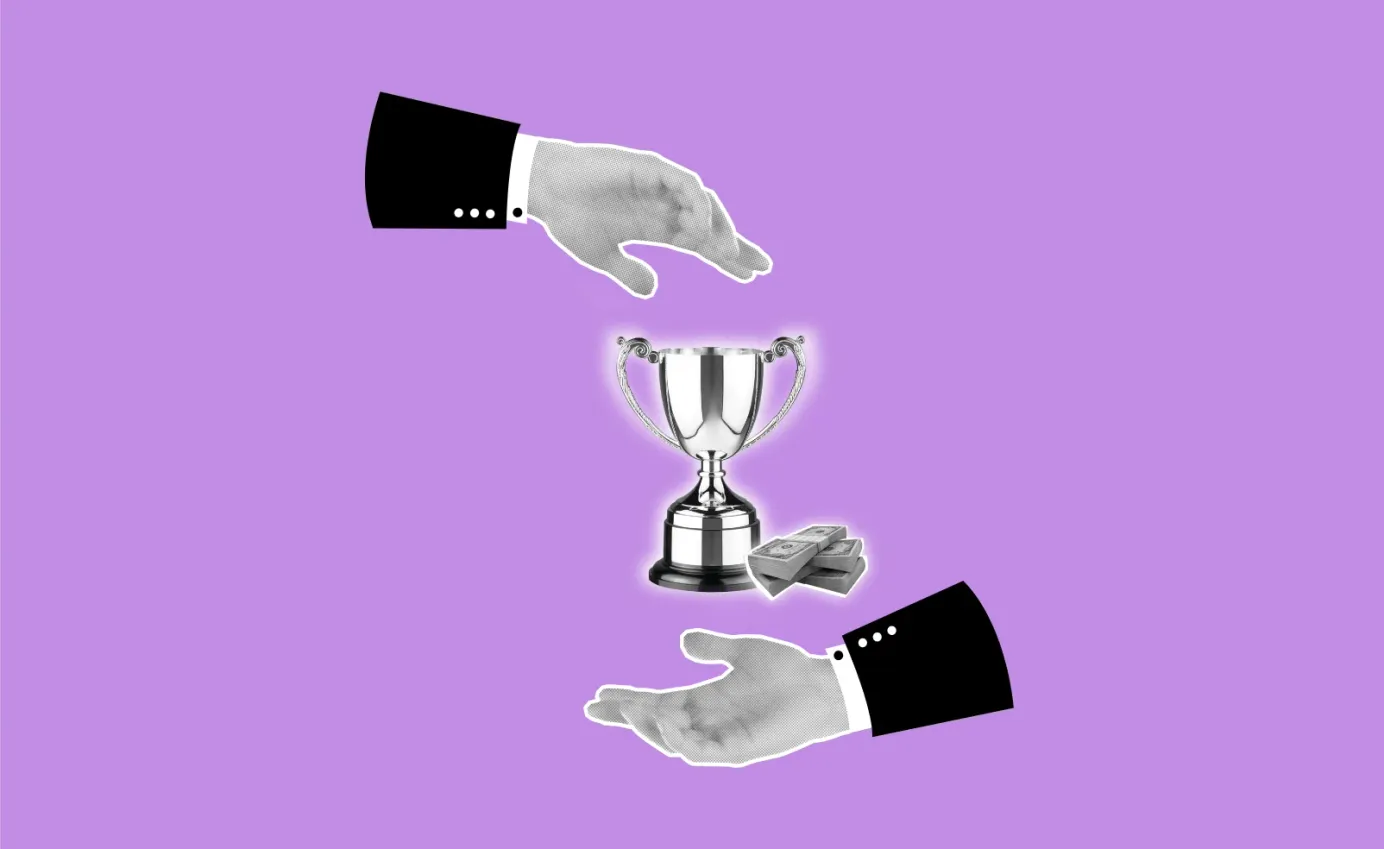Table of Contents
Why should companies opt for the incentive program? Apart from the basic salary, how can an individual or team draw more benefits from the organization? How to motivate salespeople to sell more without giving them motivational speeches.
The need of an Incentive Program is to encourage positive behaviors across your team, set expectations and standards for all salespeople, and drive results to achieve overall Individual, team and organizational goals.
The structure of an Incentive Program varies by business and these programs are typically.
- Target Based
- Competition Based
- Special Schemes
- Cascading Programs
There should be a Incentive plan for every member of the sales team based on their organization, resources, goals, role, experience, length of the sales cycle, and the type of deals they engage in. Here are some other factors to consider while curating a program for the employees:
Sales Commission & Incentive Programs
1. Target-Based
1.1. Daily Targets
Incentives can target specific goals such as sales numbers or retention rates to support your company’s strategic development. Completion of Daily Objectives or goals for a salesperson or company takes you one step closer towards the ultimate Goal. Assign Territories, Establish Goals and Quotas
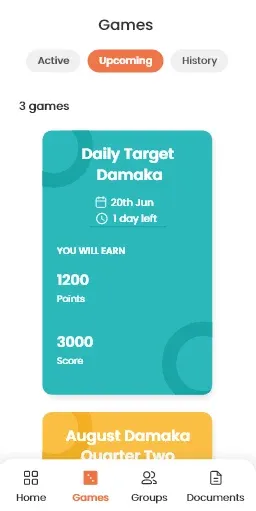
1.2. Short Term Targets (Weekly/Fortnightly/Monthly)
Competitions in which sales teams are informed of a prize at the end week or end of the month if they achieve goals.
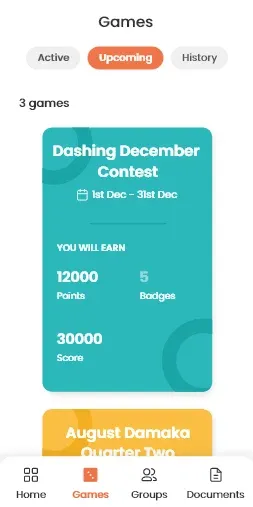
Weekly bonanzas are sales programs that last a whole week and run during long holiday seasons like Thanksgiving and Christmas or End of Season sales.
1.3. Long Tenure Targets (Quarterly/Yearly)
Or maybe you can program a work trip every quarter if the sales team is reaching their sales target.
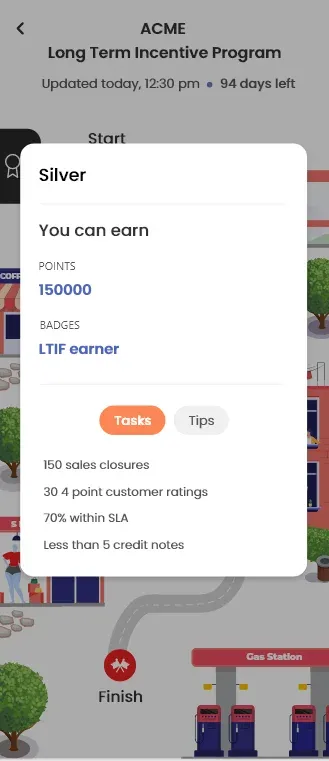
A long-term incentive plan (LTIP) is generally a company policy that offers to reward employees for reaching specific goals that increase the organization’s revenue. In a typical LTIP, the salesperson must fulfill various conditions or requirements.
2. Competition-Based
A sales contest is a motivational program in which rewards are offered to salespeople based upon their sales results.
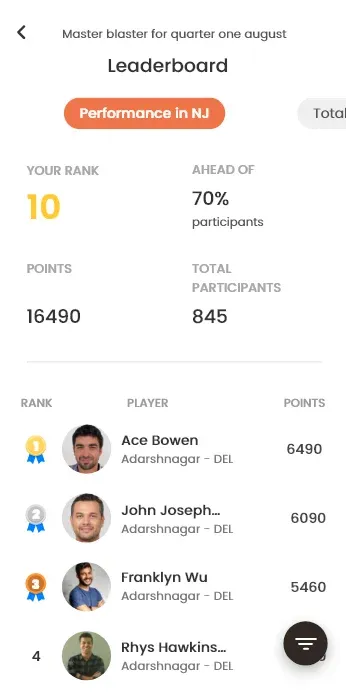
There are three types:
- Direct competition - the salespeople compete against each other and there is one winner.
- Team competition - there are teams that are rewarded collectively for winning.
- Goal rewards are given for achieving goals which may be won by more than one person
2.1. Direct Competition
Competitions in which sales teams are informed of a prize at the end of the day or week if they achieve goals work great to instill a sense of healthy salesmanship. Or maybe you can program a work trip every quarter if the sales team is reaching their sales target.
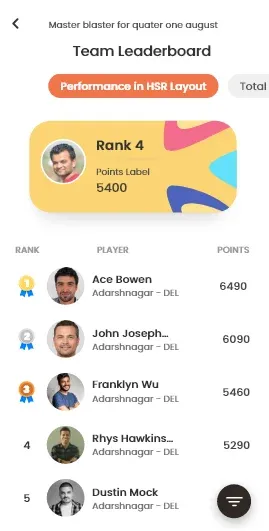
2.2. Team Competition
Team Competition inspires teams to work together. If you choose to create a department or company-wide employee incentive program that requires your employees to work together and rely on one another, this could help employees bond and create a strong team mentality.
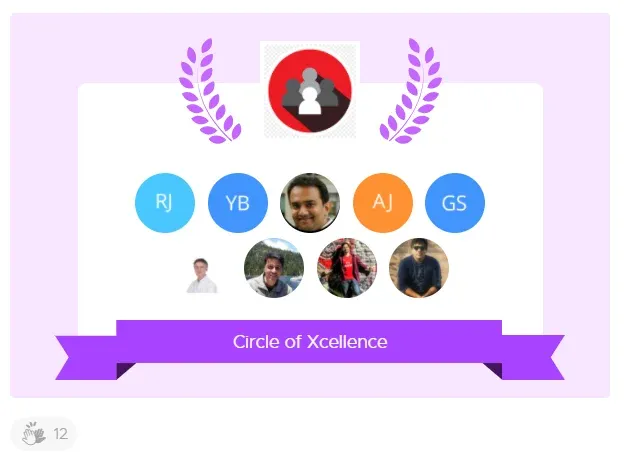
Below are the various types of team-based sales rewards:
- Team profit sharing: Team rewards are tied to the team’s tangible outcomes such as overall company rating, improvements in organizational revenue, etc and these rewards are generally shared equally among the team members
- Team goal-based rewards: There goals or targets set for each team that needs to be shown in short- or long-term performance outcomes. This is a single award predetermined by the organization that the team will win once they achieve the target.
- Team discretionary rewards: These are spot rewards that are awarded to the team when the organization determines a team has done an outstanding job that is not part of the predetermined targets.
- Team skill rewards: These rewards are given for teams who have collectively acquiring valued skills like collaboration, cooperation, product delivery, etc. regardless of team outcomes
- Team member skill rewards: Individual team members are rewarded for acquiring team player skills like resourcefulness, unity, etc. mostly based on peer reviews.
- Team member goal-based rewards: Individual team members are rewarded when they achieve the performance goals of their team contributions.
- Team member merit rewards: Individual team members are rewarded when they make an outstanding contribution to the team.
2.3 Goal-based competitions
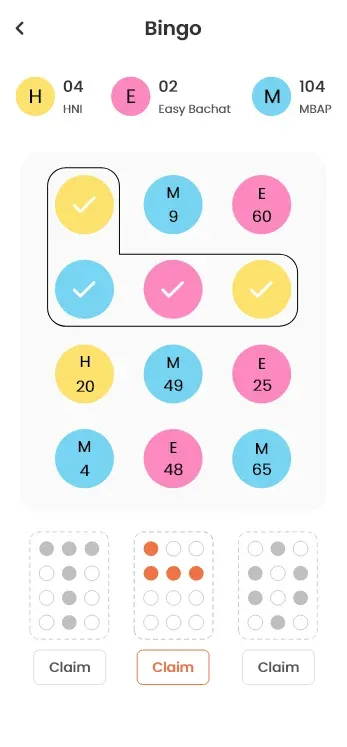
Day challenges are short sales goals that are set with a duration of a day to accelerate sales on special and business significant days like - Black Friday, Christmas eve, etc.
3. Cascading Programs
3.1. High Performers Programs
High-performers might have already reached their ceiling in regards to sales volume or profitability. Chances are the highest-performing channel partners are competent, driven, and in high demand. These are exactly the channel partners that manufacturers and distributors cannot afford to lose.
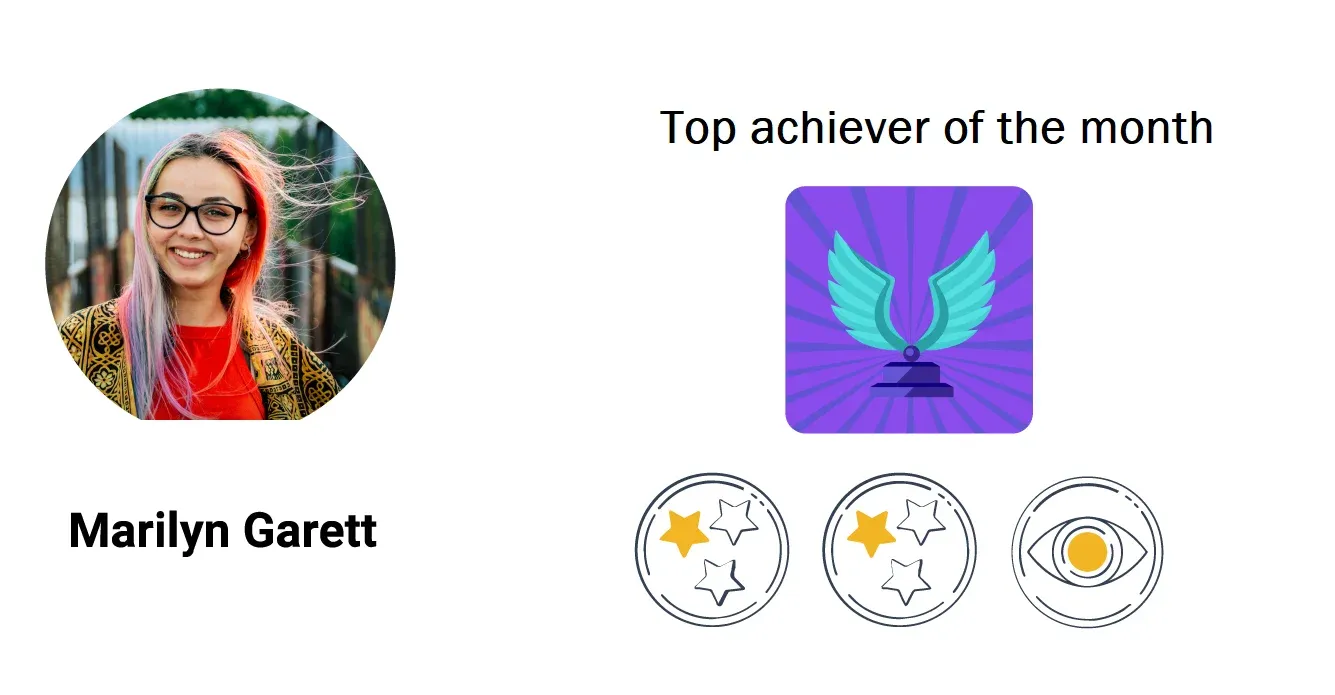
3.2. Programs for Tail-end Performers
3.2.1 PIP Programs
Also known as Performance Improvement Plan (PIP), is a detailed strategy that outlines the steps underperforming sales reps need to take in order to regain their optimal performance levels.
This plan defines clear goals and growth metrics along with the roadmap to achieve those goals. With a timeline added to the strategy, your salesperson has a fair chance to improve their performance.
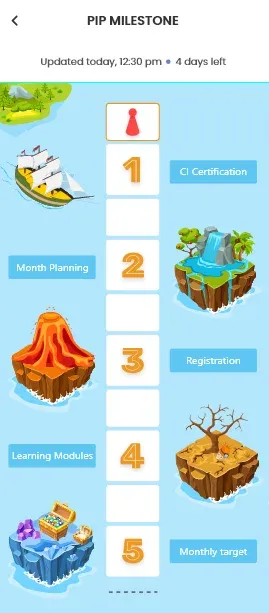
4. Special Schemes
4.1. Specific KPI-based Program
Specific KPI (Key Performance Indicators) -based Programs help set award rules and to analyze the success of your program. You can integrate your channel incentive program with your other business platforms to streamline admin and improve user experience.
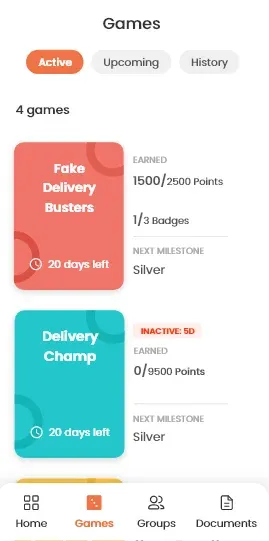
4.2. Seasonal Programs
Just like festival clearance or special programs for the salespeople to sell more and gain more. Example like Diwali, Eid, Christmas, Thanksgiving, New Years, Celebrating Spring Summer these customise program are created to gain the attention of the users to the special offer.
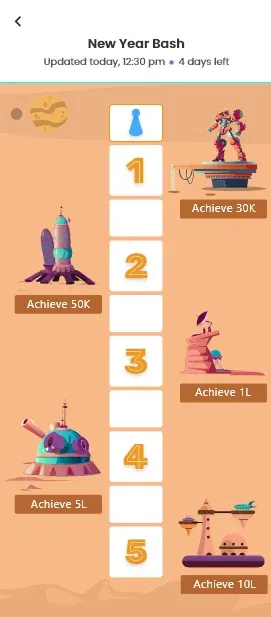
4.3. Opportunistic programs like stock clearance
Opportunistic programs are similar seasonal programs, but are generally scheduled impromptu - based on the quarter/ year till date performance. Stock clearance targets are great examples of opportunistic programs, where the manager would be interested in running a contest to drive sales people clear stock logs - typically at the end of a season/ product cycle.
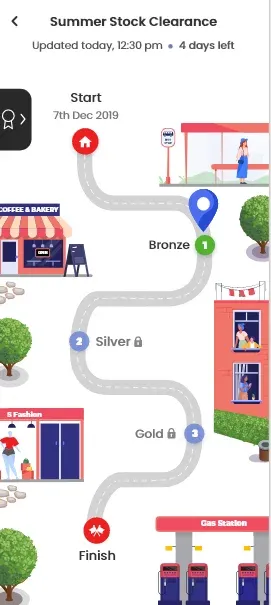
4.4. Special Incentive Schemes
Employers can offer a combination of incentives based on sales numbers, productivity and other predetermined standards depending on their business goals.
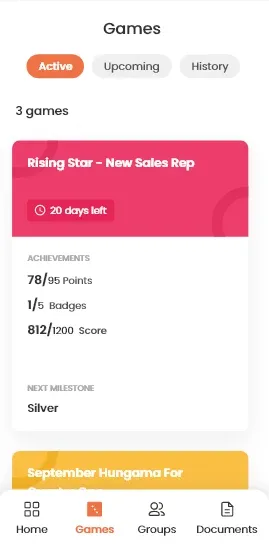
This program includes all possible types of Incentives schemes like :
Sales performance incentive funds (SPIFs)
These sales contests are ways to incentivize high performance among your salespeople. These tactics are often used to change behavior and include monetary (such as a $500 cash prize to the first rep who closes 10 deals of a certain product) or non-monetary (a nice dinner for every team that increases their retention rate by the benchmark percentage).
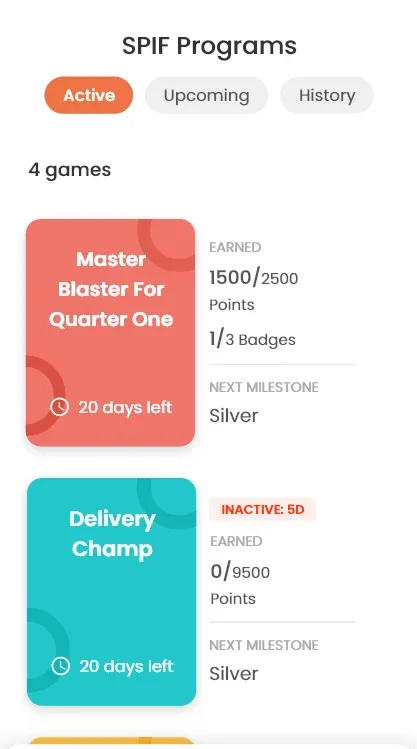
A SPIF is generally a short-term sales incentive used to drive immediate results. SPIFs are often considered in compensation planning but are not always mapped out. Rather, they are often spontaneous incentives that boost performance and sales over a short period of time.
When sales leadership decides to implement a SPIF, they choose a particular product range or service to focus on. These choices could be to build momentum in sales or increasing opportunities in the market. These sales programs would be needed to be completed within a specified time period.
Channel Incentive & Loyalty Program
Channel partners are an intrinsic constituent of the distribution strategy for a brand. We can help design, implement and manage incentive & loyalty programs for distributors, wholesalers, stockists, retailers and key influencers. These programs not only help to increase sales but also create the right environment upon which to build meaningful and mutually profitable partnerships.
Behavior-based rewards
Behavior based rewards are run to motivate the salespeople to do more of a particular activity - like increasing the number of client meetings, sales documentations, etc.
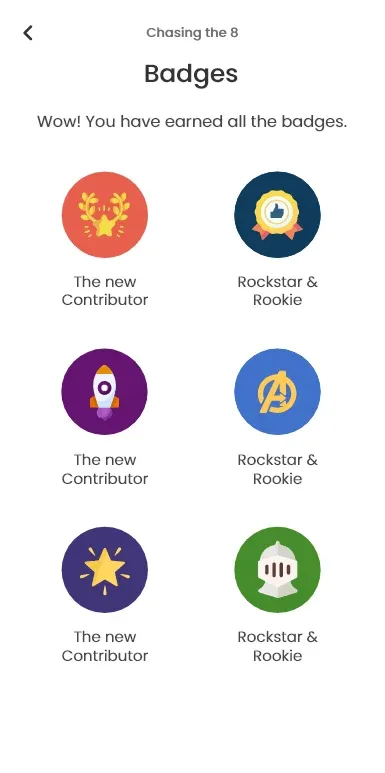
Influencer Loyalty Program
Most products follow a multilevel route to market and the importance of influencers in moving the product to the next stage and to an eventual sale. Therefore, our first objective is to understand what the preference of such influencers are and what makes them decide on which product to push. This program makes a difference on the influencers decision making process and ensures that your product stays top of mind.
Non-monetary incentives
Such as casual dress days, snack options, flexible schedules etc. are often cheaper to implement but can still have a big impact on employee morale. Or else in case of a Team then it would be a nice dinner or team outing for every team that increases their retention rate by the benchmark percentage.
On-target earnings (OTE)
It provides salespeople with a realistic view into what their total compensation for a position would be when their expected and reasonable goals and quotas are met. OTE would include the base salary and the realistic commission resulting from closed deals.
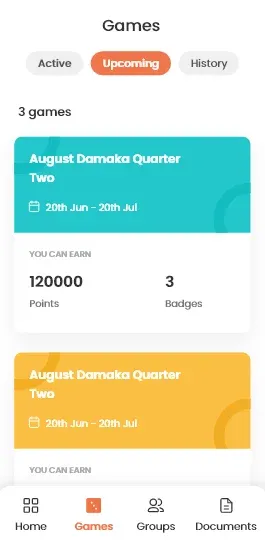
Sales commissions
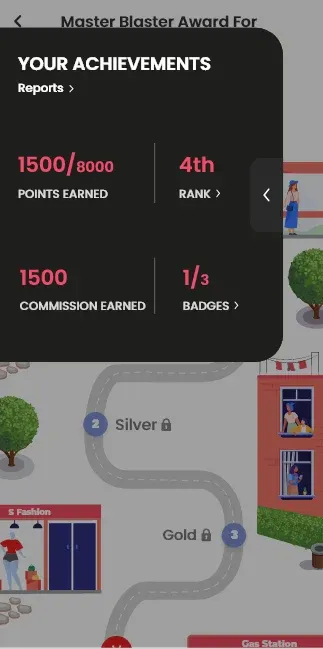
A sales commission is additional compensation that the salespersons receive for meeting and exceeding the minimum sales threshold. These are generally given to incentivize salespeople to sell more and recognize great sales achievement.
First-year commission and renewal commissions
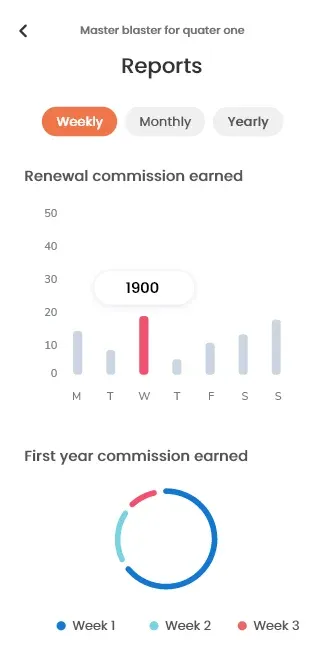
A first-year commission is a fee an insurance agent gets paid for selling a new policy. This payment is generally a percentage of the first year of premiums the policyholder pays on the new policy. On contrary, renewal commissions, are paid during the second and subsequent years of the policy.
Quarterly performance bonus
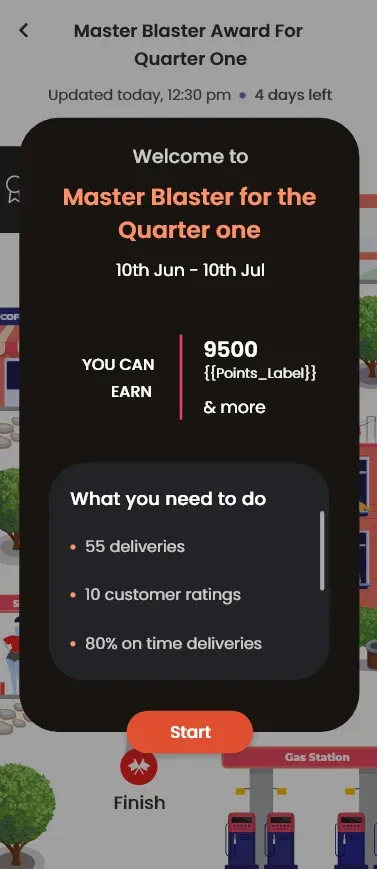
A quarterly bonus is a popular milestone in achieving the yearly targets and is a great way to encourage extra work, get the sales team more checkpoints to reaching their goal. These goals need to be realistic yet challenging while being aligned with your corporate strategy.
Annual performance bonus
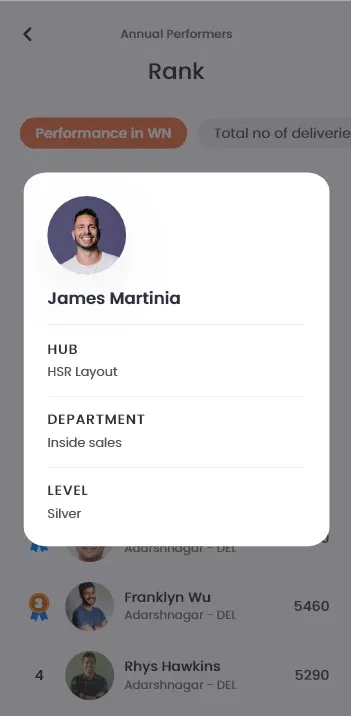
A performance bonus is generally an additional compensation paid to the salesperson as a reward for achieving or over-achieving their predetermined goals This type of bonus is beyond normal wages and commission and is given out on a long-term basis for prolonged and consistent performance.
International /domestic conventions for Top Performers
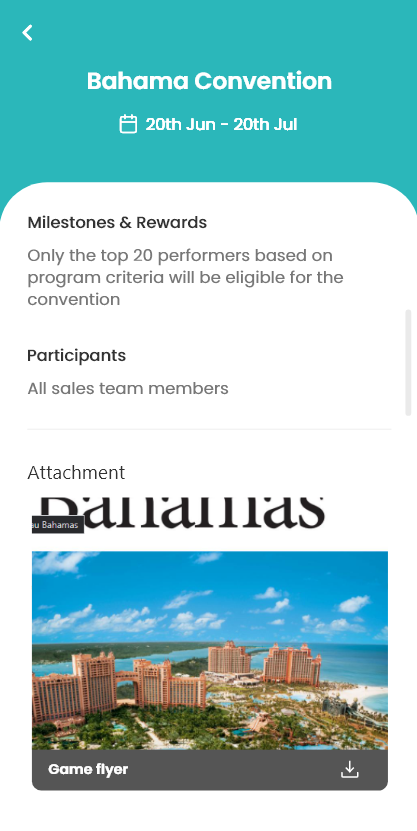
Large sales teams even have contests that reward the top performers a trip to a fully sponsored international/ domestic convention. These rewards are seen to motivate salespeople to aim at listing themselves with the top-notch of their peers

